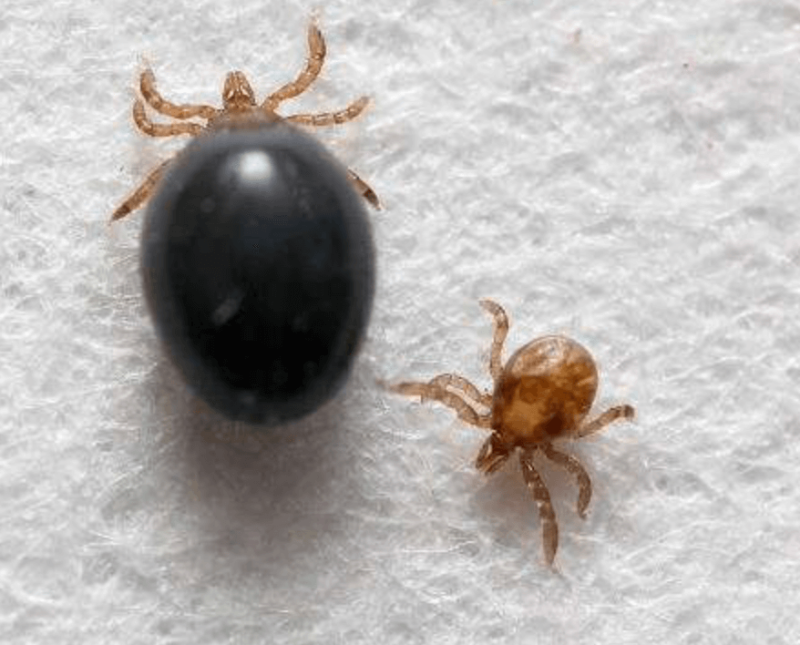Monika Gulia-Nuss, assistant professor in the Department of Biochemistry and Molecular Biology at the University of Nevada, Reno, is working on generating transgenic ticks in her lab, the first of their kind, in order to explore new targets for vector control. Vector control is any strategic method used to limit organisms that spread disease pathogens, such as Lyme disease.
…
Transgenic in this sense means deleting or over-expressing a gene in an organism – in this case the tick. Generating transgenic ticks will not only help the Gulia-Nuss lab explore new areas for vector control, but also help in understanding genes involved in tick-pathogen interactions.
…
The major hypothesis behind the lab’s research lies in disrupting insulin signaling in ticks so as to affect parasite development.
…
“Nutrients are important for a parasite developing inside an organism because the parasite requires all of their nutrients from the host,” Gulia-Nuss said. “To get those nutrients, the insulin signaling of the host should be in perfect order, but if we disturb the insulin signaling in the host, that might affect parasite development.”
Affecting parasite development will help the lab to better understand pathogen interactions in ticks, as well as vector control targets for diseases such as Lyme disease.
Read full, original post: First-ever transgenic ticks to help fight tick-borne diseases such as Lyme disease































